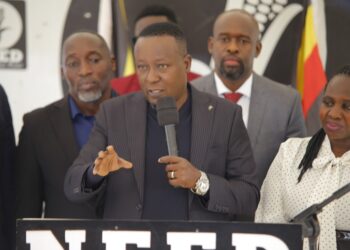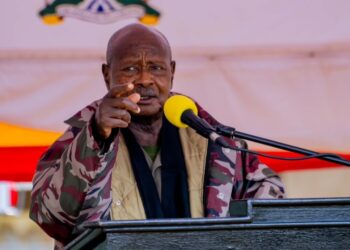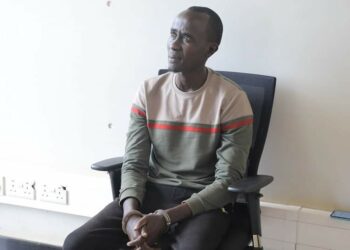The ruling government in Congo has indicated it may not hold long-awaited elections this year.
Why? It’s simply too expensive, a government official suggested this week
“It will be difficult to think that we can mobilize $1.8 billion this year,” Pierre Kangudia Mbayi, minister of state in charge of budget, said at a news conference Wednesday, Africa News reported. “At this stage, I prefer to keep a language of sincerity.”
That $1.8 billion cost was the one estimated by Congo’s Independent National Electoral Commission (CENI) last year.
It is certainly a large amount of money — almost two-thirds the estimated cost of America’s 2016 presidential vote, despite a vast difference in economic size between the countries. However, election officials say funds are needed to register more than 30 million voters in a vast country with poor transport links that has not held regular elections. CENI had already announced late last year that it doubted it would be able to register all voters before 2018.
These explanations are unlikely to placate critics of current leader Joseph Kabila, who has led been president of Congo since his father was assassinated in 2001. Kabila was due to step down at the end of his second term in November, and the country’s constitution bars a third term.
Opinion polls show most Congolese want him to step down and make way for a new leader.
But Kabila has refused to leave office until a new president is chosen, a decision later upheld by a constitutional court viewed as loyal to the president. The delayed elections have sparked a political crisis in the country. In the sprawling capital of Kinshasa, scattered demonstrations against Kabila were put down by soldiers and police; at least 20 people died in the ensuing violence.
While a deal was eventually reached to hold elections before the end of 2017, Mbayi’s comments suggest that further delays may be coming.
The situation in Congo highlights a broader issue across sub-Saharan Africa: leaders who won’t step down. Across the continent, there are widespread examples of governments flouting term limits and other standard democratic practices so they can retain power, sometimes for decades.
Even when these leaders are compelled to leave office, they often don’t give up without a fight: Yahyah Jammeh, president of the Gambia for 22 years, lost a reelection bid but left office only after West African troops threatened to oust him by force.
Congo, sub-Saharan Africa’s largest nation, has never had a peaceful handover of power, and it was plagued by conflict for many years in the late 1990s and early 2000s. Tensions between Kabila’s government and its opposition have been strained further by the death of veteran opposition leader Etienne Tshisekedi last month.
It is true that the country’s economic problems are very real. According to one estimate, many Congolese citizens live on $2 a day despite the country’s vast mineral resources. But Kabila himself is estimated to have made a large fortune out of his time in office, with hundreds of millions of dollars funneled to his family, according to a Bloomberg News investigation.
Source: https://www.washingtonpost.com/news/worldviews/wp/2017/02/16/congo-government-elections-are-too-expensive-so-we-may-not-have-one-this-year/?utm_term=.ad631934d0f0
Do you have a story in your community or an opinion to share with us: Email us at editorial@watchdoguganda.com











